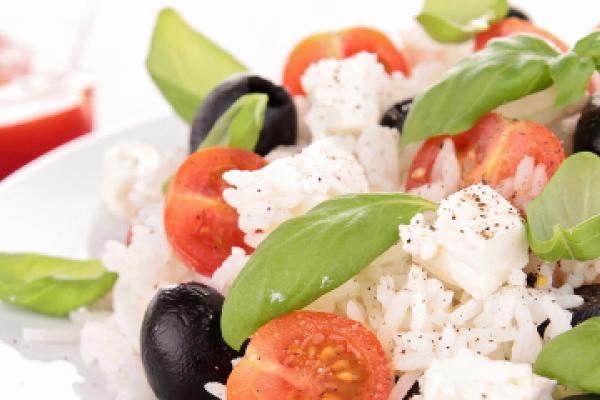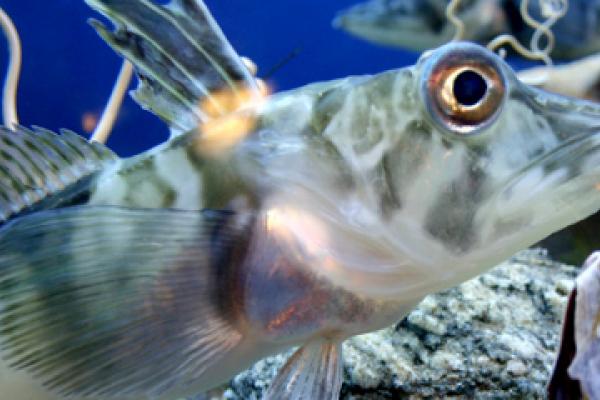Food for thought
What will be on our dinner plates in 50 years’ time? In October, Horizon examines how science is shaping the future of food.
As the pressure to feed more people grows alongside the urgency of reducing our environmental footprint, we talk to the scientists attempting to maximise our crop yields without increasing our environmental impact.
We look at how genetic screening could lead to an era of personalised nutritional advice, with people advised to follow diets specifically tailored to their own biology. We also find out how technology is transforming food packaging, and what impact cryopreservation could have on the way we store our food.
Finally, we find out how EU researchers are developing ways to enhance the healthy ingredients found in foods, making them even better for us.






